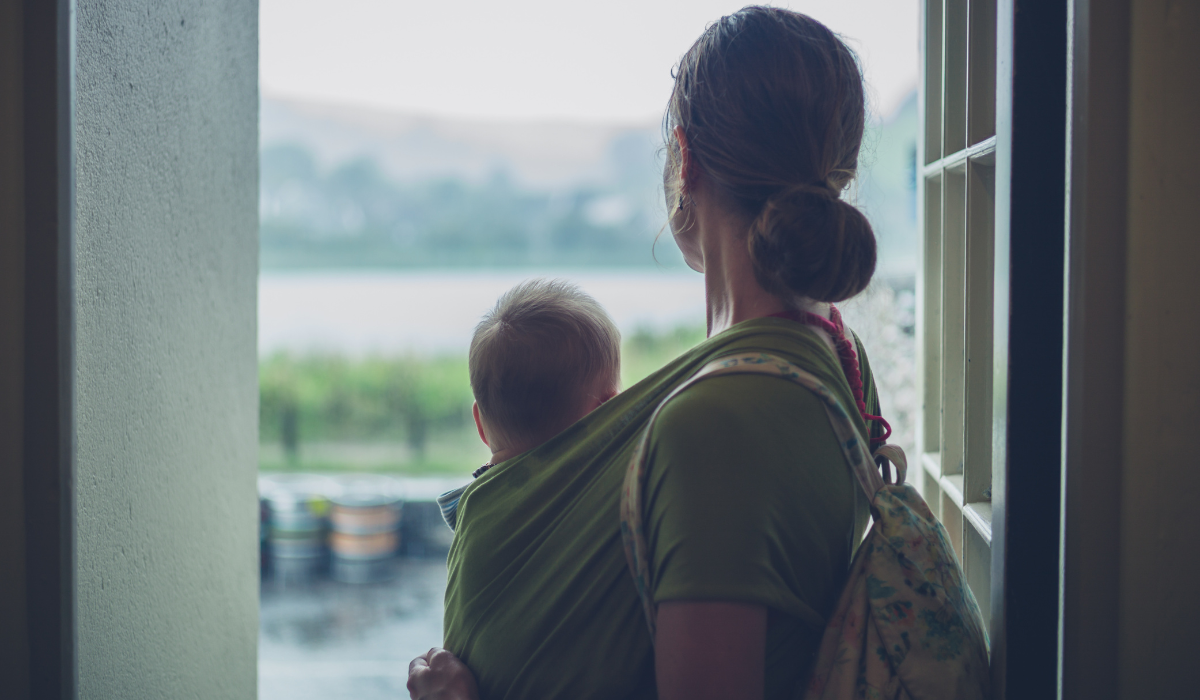Homelessness is a distressing issue that affects individuals and families across the globe. Among the most vulnerable populations are women and children who face unique challenges that contribute to their homelessness. Understanding the factors behind this issue is crucial for devising effective strategies to combat it. Listed below are the multifaceted factors contributing to homelessness among women and children:
Societal Factors
- Gender-Based Violence: One of the most alarming contributors to homelessness among women and children is gender-based violence. Escaping abusive relationships often forces women and their children to flee their homes, leaving them without stable housing options.
- Lack of Affordable Housing: The scarcity of affordable housing is a pervasive issue, leaving many women and families struggling to find a place they can afford. As rental costs soar and the availability of low-income housing decreases, women with limited financial resources are at a higher risk of homelessness.
- Discrimination and Stigma: Social stigmatization of single mothers, particularly those without stable housing, can lead to discrimination in employment and housing opportunities, perpetuating the cycle of homelessness.
Economic Factors
- Wage Disparities: Gender wage disparities persist, often leaving women with lower incomes than their male counterparts. This wage gap can make it challenging for single mothers to afford basic necessities, let alone stable housing.
- Lack of Access to Education and Employment Opportunities: Limited access to education and job training programs can hinder women’s ability to secure stable employment. This, in turn, affects their ability to provide for their families and maintain a stable living situation.
- Financial Instability: Sudden job loss, medical emergencies, or unexpected financial burdens can push women and their children into homelessness, especially when they lack a safety net.
Personal Factors
- Family Breakdown: Family breakdown, including divorce, separation, or the loss of a partner, can disrupt the stability of a household and lead to homelessness for women and children.
- Mental Health Challenges: Untreated mental health issues can contribute to the risk of homelessness, particularly if women are unable to access necessary medical care and support.
- Substance Abuse: Substance abuse problems can lead to a breakdown in family relationships and an inability to maintain stable housing arrangements.
- Lack of Support Systems: The absence of reliable support networks, such as extended family or close friends, can leave women and children without assistance during times of crisis.
- Parenting Challenges: Single mothers may face difficulties balancing work and parenting responsibilities, making it harder to maintain stable housing and financial independence.
Policy and Systemic Factors
- Inadequate Social Services: Limited access to affordable childcare, healthcare, and counseling services can exacerbate the challenges faced by women and children experiencing homelessness.
- Insufficient Legal Protections: Inadequate legal protections for renters can result in evictions and housing instability for vulnerable families.
- Foster Care and Child Welfare System: In some cases, involvement with the child welfare system can lead to family separation and homelessness if adequate support is not provided to help parents maintain custody of their children.
Conclusion
Homelessness among women and children is a complex issue shaped by a combination of societal, economic, personal, and systemic factors. To address this crisis, a multifaceted approach is required, encompassing gender equality initiatives, affordable housing programs, accessible healthcare and mental health services, support for education and job training, and stronger legal protections for vulnerable renters. By tackling these contributing factors, society can work towards providing a safety net that prevents homelessness among women and children, ensuring a brighter and more secure future for those most in need.
By partnering with Sheltering Grace, and contributing just $10 a month, you can be a part of the solution to help these women achieve greater stability. #Be1of5000


